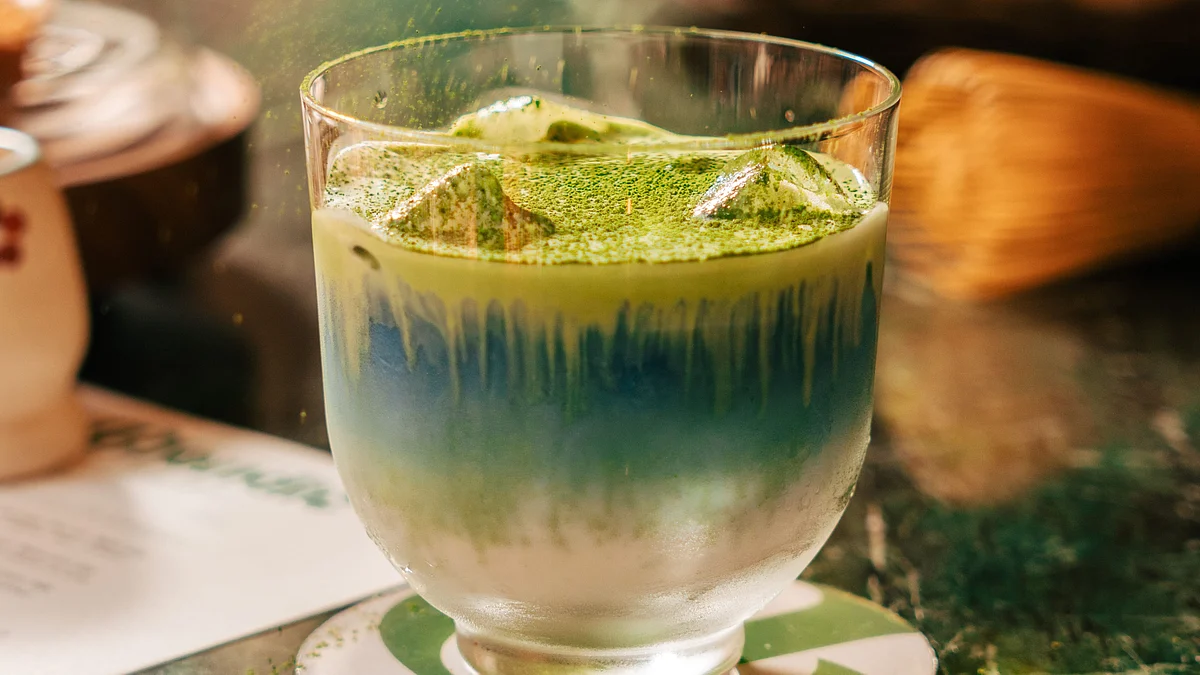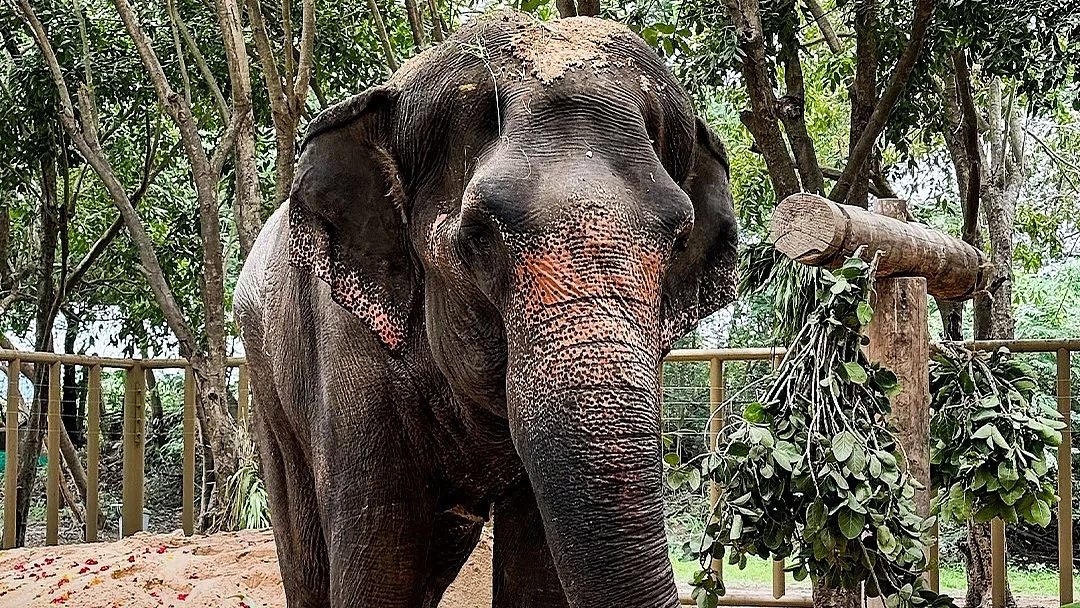Matcha has quickly risen to superfood stardom for its rich antioxidants, calming effects, and metabolism-boosting properties. It is everywhere, all over the internet. The Gen Z and millennials, everyone wants to make matcha a trend and they successfully have adapted to it. But while this powdered green tea may offer health perks for many, experts warn that it might not be ideal for everyone- particularly those struggling with iron deficiency.
According to multiple scientific studies, compounds found in matcha can significantly inhibit iron absorption from plant-based foods, a concern for individuals already diagnosed with iron-deficiency anaemia. Matcha, like other teas, contains high levels of polyphenols, especially catechins and tannins, which bind to non-heme iron (the form of iron found in plant-based sources) in the digestive tract, preventing it from being absorbed efficiently.
A study published in the American Journal of Clinical Nutrition (Hallberg 1991) found that tea can reduce non-heme iron absorption by up to 60% to 70% when consumed with meals. Another paper in the Journal of Nutrition (Samman 2001) highlighted how green tea polyphenols, specifically epigallocatechin gallate (EGCG), inhibit iron uptake in intestinal cells.
This could prove problematic for populations already at risk- especially vegetarians, menstruating women, and children -whose primary iron sources are often plant-based. For these groups, consuming matcha daily with meals could unknowingly exacerbate or prolong iron deficiency.
While matcha is often praised for being gentler on iron absorption than black tea due to its slightly lower tannin content, the risk remains. The problem isn’t matcha alone- it’s the timing and frequency. If you have iron deficiency, you should avoid consuming matcha or green tea close to mealtimes, especially iron-rich ones.
For individuals with iron deficiency, moderation and timing are key. Experts recommend drinking matcha at least an hour before or after meals and pairing iron-rich foods with vitamin C to boost absorption.
As matcha continues to enjoy popularity on wellness menus, it's vital for those with specific health concerns to stay informed. What’s healthy for one may not be ideal for another- and when it comes to iron levels, even your tea ritual may need a second thought.










